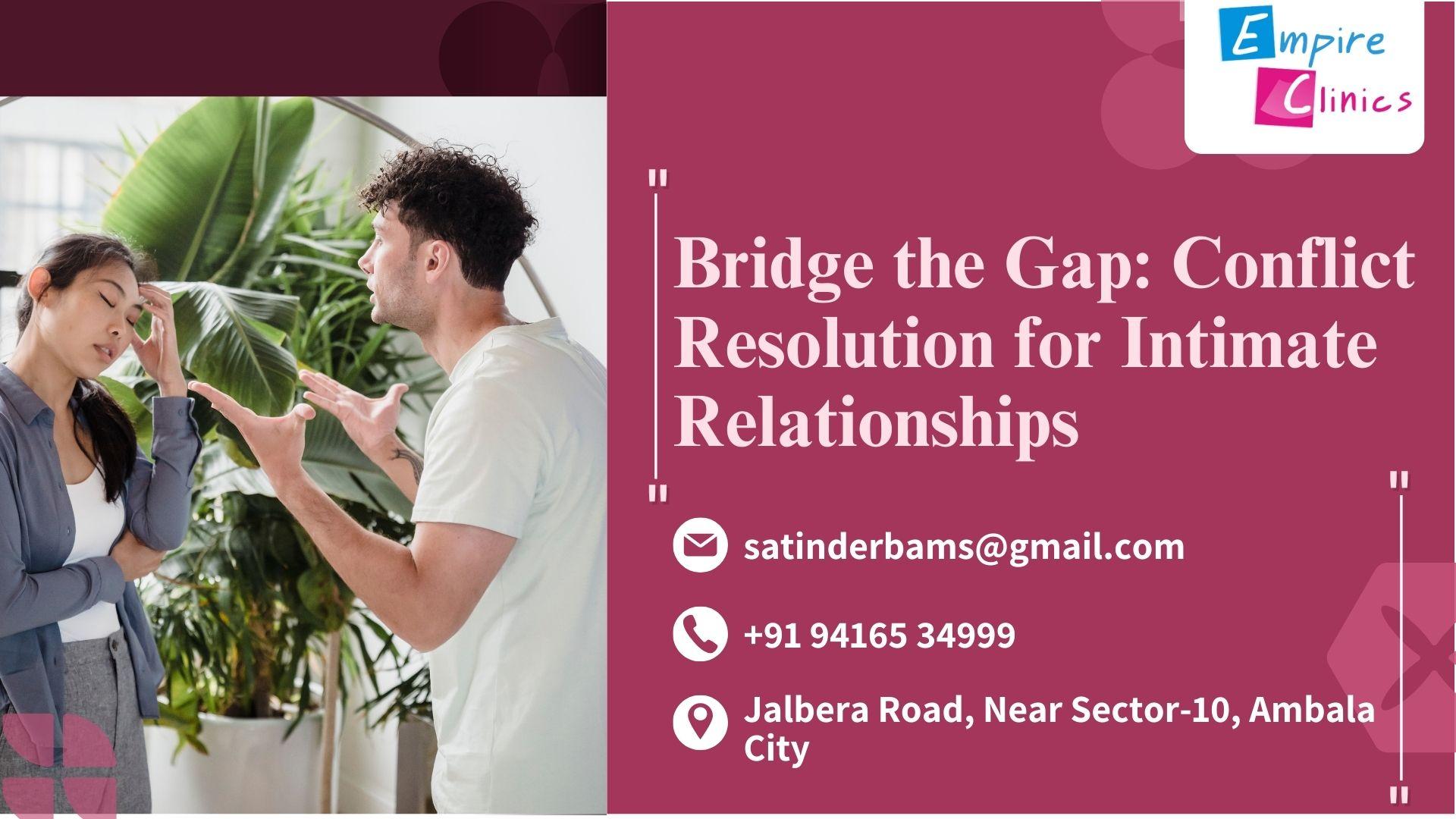Conflict is an inevitable part of any relationship. How couples handle disagreements can significantly impact their intimacy and overall relationship health. Effective conflict resolution not only resolves immediate issues but also strengthens the bond between partners, fostering deeper understanding and intimacy. This article explores the importance of addressing relationship issues and provides strategies for resolving conflicts to improve intimacy.
Table of Contents
The Importance of Conflict Resolution
1. Building Trust
Addressing conflicts openly and honestly builds trust. When partners feel heard and understood, they are more likely to trust each other. This trust forms the foundation of a strong and intimate relationship.
2. Enhancing Communication
Conflict resolution improves communication skills. By discussing issues, partners learn to express their feelings and needs more effectively. Good communication is key to understanding each other and fostering intimacy.
3. Preventing Resentment
Unresolved conflicts can lead to resentment and bitterness, which can erode intimacy over time. Addressing issues as they arise prevents negative emotions from building up and damaging the relationship.
4. Strengthening Emotional Connection
Working through conflicts together can strengthen the emotional connection between partners. It demonstrates commitment to the relationship and willingness to grow together, deepening intimacy.
Strategies for Effective Conflict Resolution
1. Active Listening
Active listening involves fully concentrating on what your partner is saying without interrupting. It shows that you value their perspective and are willing to understand their point of view. Techniques such as paraphrasing and summarizing what your partner said can ensure you’ve understood them correctly.
2. Stay Calm and Respectful
Emotions can run high during conflicts, but it’s important to stay calm and respectful. Avoiding shouting, name-calling, and hurtful language helps maintain a constructive atmosphere. Taking deep breaths or a short break if needed can help manage emotions.
3. Focus on the Issue, Not the Person
Address the specific issue at hand rather than attacking your partner’s character. Use “I” statements to express how you feel and what you need, rather than blaming or criticizing your partner. For example, say “I feel hurt when…” instead of “You always…”
4. Seek Compromise
Conflict resolution often involves finding a middle ground. Both partners should be willing to compromise and find solutions that are acceptable to both. This collaborative approach fosters mutual respect and strengthens the relationship.
5. Apologize and Forgive
Apologizing when you’re wrong and forgiving your partner when they apologize are crucial steps in conflict resolution. Genuine apologies and forgiveness help heal emotional wounds and restore intimacy.
6. Set Boundaries
Establishing boundaries can prevent conflicts from escalating. Agreeing on rules for arguments, such as no shouting or walking away, can create a safer environment for resolving issues.
7. Seek Professional Help
If conflicts are too difficult to resolve on your own, seeking help from a therapist or counselor can be beneficial. Professional guidance can provide new perspectives and strategies for managing conflicts.
Improving Intimacy Through Conflict Resolution
1. Increased Understanding
Resolving conflicts enhances understanding between partners. By addressing issues and discussing feelings, couples gain deeper insights into each other’s needs and perspectives, fostering greater intimacy.
2. Emotional Security
Knowing that conflicts can be resolved constructively provides emotional security. This security allows partners to be more open and vulnerable with each other, deepening their emotional connection.
3. Greater Commitment
Successfully navigating conflicts strengthens the commitment to the relationship. It shows that both partners are dedicated to working through challenges together, enhancing the overall intimacy.
4. Enhanced Sexual Intimacy
Emotional closeness often leads to better sexual intimacy. When partners feel emotionally connected and understood, they are more likely to experience greater satisfaction in their physical relationship.
5. Continual Growth
Each resolved conflict contributes to the growth of the relationship. Learning and growing together through challenges fosters a dynamic and evolving intimacy that keeps the relationship strong.
Common Pitfalls to Avoid
1. Avoiding Conflict
Ignoring or avoiding conflicts may seem easier in the short term, but it can lead to unresolved issues and growing resentment. Addressing conflicts promptly is essential for maintaining intimacy.
2. Being Defensive
Responding defensively can escalate conflicts and hinder resolution. It’s important to stay open to your partner’s perspective and avoid taking things personally.
3. Stonewalling
Stonewalling, or refusing to engage in communication, can be damaging to the relationship. It’s important to stay engaged and committed to resolving conflicts, even when it’s challenging.
4. Holding Grudges
Holding onto past grievances can prevent true resolution and hinder intimacy. Letting go of grudges and moving forward together is crucial for a healthy relationship.
Have any Query, Contact Now
Effective conflict resolution is essential for improving intimacy and maintaining a healthy relationship. By addressing issues openly, communicating effectively, and working together to find solutions, couples can strengthen their bond and enhance their emotional and physical connection. Embracing conflict as an opportunity for growth and understanding can lead to deeper intimacy and a more fulfilling relationship.







